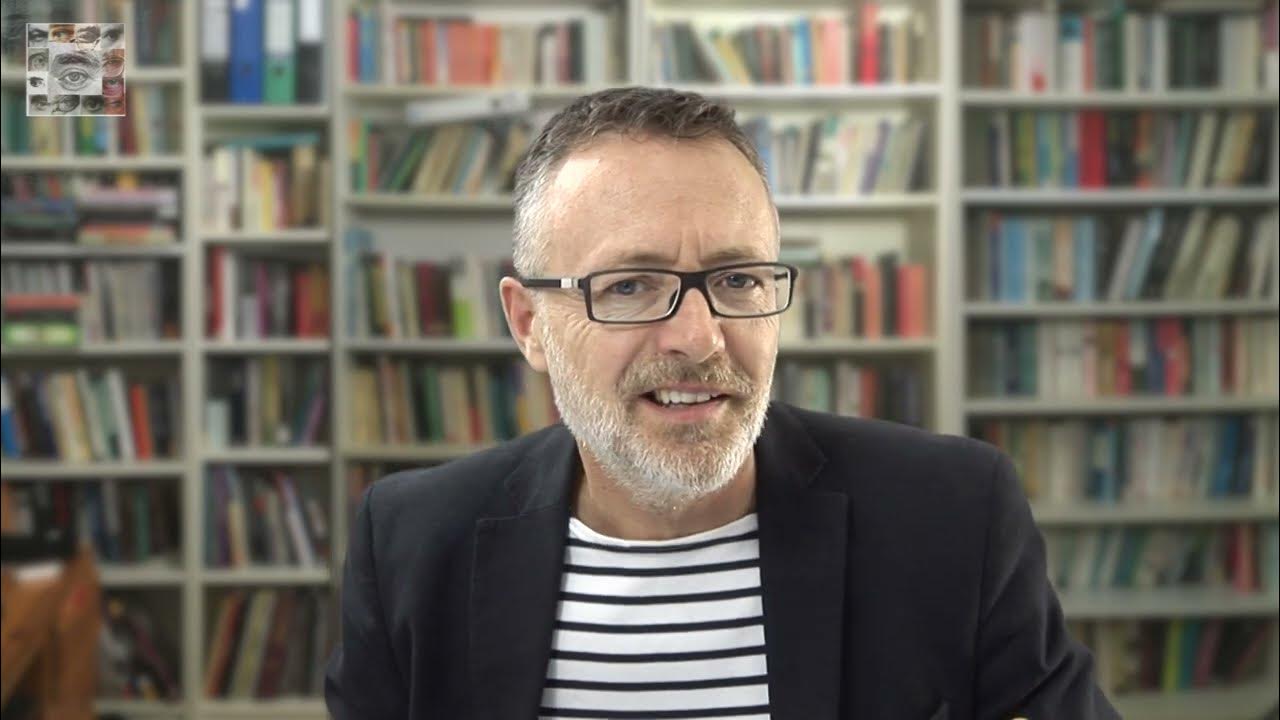O QUE É HISTORIA? #Introdução a História e sua importância
Summary
TLDRThis video explores the concept of history, emphasizing its importance in understanding the past and shaping the future. It explains how history investigates human experiences, cultures, and events, analyzing causes, contexts, and consequences. The video highlights the key objectives of history: to understand the past, analyze changes, and interpret causes and effects. It also delves into the significance of history for humanity, including its role in shaping identities, fostering critical thinking, and promoting global empathy. Finally, it outlines the methods historians use, such as analyzing primary and secondary sources and employing interdisciplinary approaches.
Takeaways
- 😀 History is the study of human past, encompassing events, cultures, ideas, institutions, and individuals.
- 😀 It is not just a chronology of events, but an exploration of causes, contexts, and consequences.
- 😀 The primary goal of history is to understand the past and how societies, technologies, governments, and cultures evolved.
- 😀 Historians analyze both changes and continuities in societies over time.
- 😀 A critical part of historical study is interpreting the causes and effects of historical events.
- 😀 History is important for understanding cultural, national, and individual identities.
- 😀 Studying history allows us to learn from past mistakes and successes, guiding current decisions and policies.
- 😀 The study of history fosters critical thinking skills, such as evaluating sources and constructing arguments based on evidence.
- 😀 History promotes global awareness and empathy by broadening our understanding of different cultures and societies.
- 😀 The methods of historical study include analyzing primary and secondary sources, as well as integrating knowledge from disciplines like archaeology, anthropology, and sociology.
- 😀 History helps us understand who we are, where we come from, and how societies have developed, providing a framework for informed future planning.
Q & A
What is history?
-History is the study of human experiences from the past, encompassing events, cultures, ideas, institutions, and individuals, and analyzing how they have influenced the present world. It is not just a chronicle of events but an exploration of the causes, contexts, and consequences behind those events.
What are the objectives of studying history?
-The objectives of studying history include understanding the past, analyzing changes and continuities in societies, and interpreting the causes and effects of historical events.
What sources are used in historical research?
-Historical research relies on various sources such as written documents, archaeological artifacts, oral records, and other materials that help reconstruct and understand how societies and cultures evolved over time.
How do historians examine societal changes over time?
-Historians examine societal changes by studying how societies evolve, focusing on the rise and transformation of technologies, governments, and cultural movements. They also investigate aspects that remain constant over time.
Why is it important to understand the causes and consequences of historical events?
-Understanding the causes and consequences of historical events is crucial as it provides insights into how those events shaped the world, helping to understand both short-term and long-term impacts on societies and cultures.
What role does history play in shaping cultural and national identities?
-History plays a key role in shaping cultural and national identities by offering a deeper understanding of our origins, traditions, and collective experiences, which in turn influence both individual and societal identities.
How can studying history help in learning from the past?
-Studying history allows us to learn from both the mistakes and successes of previous generations, providing valuable insights that can guide current decision-making and policy development.
What skills can history develop in individuals?
-History promotes critical thinking skills, including the ability to evaluate sources, understand multiple perspectives, and build arguments based on evidence, which are essential for informed decision-making.
What is the importance of global awareness and empathy in historical studies?
-Studying history broadens our understanding of different cultures and societies, fostering greater empathy and global awareness, which are essential for appreciating the diversity of human experiences.
What methods are used in the study of history?
-The methods used in historical studies include analyzing primary and secondary sources, integrating interdisciplinary approaches such as archaeology, anthropology, and sociology, and constructing coherent historical narratives based on evidence.
Outlines

このセクションは有料ユーザー限定です。 アクセスするには、アップグレードをお願いします。
今すぐアップグレードMindmap

このセクションは有料ユーザー限定です。 アクセスするには、アップグレードをお願いします。
今すぐアップグレードKeywords

このセクションは有料ユーザー限定です。 アクセスするには、アップグレードをお願いします。
今すぐアップグレードHighlights

このセクションは有料ユーザー限定です。 アクセスするには、アップグレードをお願いします。
今すぐアップグレードTranscripts

このセクションは有料ユーザー限定です。 アクセスするには、アップグレードをお願いします。
今すぐアップグレード5.0 / 5 (0 votes)






